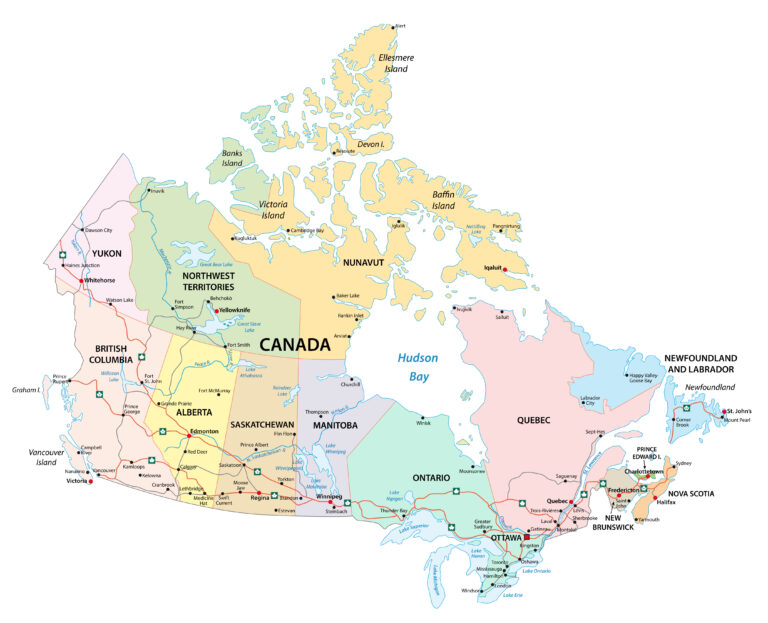With the US tariffs causing a furor of “Buy Canadian”, many food manufacturers who currently sell only within their province are looking to expand interprovincially. Although the Government of Canada announced in February the removal of 64% of the federal exceptions to the Canadian Free Trade Agreement in order to strengthen interprovincial trade, it’s not easy for a food business to move from intra- to interprovincial food sales.
In addition to the general trade barriers, there are agriculture and agri-food barriers, such as varying provincial trucking, packaging and labelling requirements along with health and safety regulations. But of greatest consequence is the requirement that any food establishment that manufactures, processes, treats, preserves, grades, packages, or labels food be licensed and inspected by CFIA (Canadian Food Inspection Agency) and comply with the Safe Food for Canadians Regulations (SFCR).
While some provinces do have standards and inspections that are of a vigor equal to the federal regulations, others have much lesser programs and little to no inspection. Thus, the ability for a food establishment to shift from intra- to interprovincial trade will be very dependent on the province in which they are currently located and their own internal focus on food safety and quality.
But it is exactly those federal developments – the CFIA and SFCR with its three key requirements – that make interprovincial trade complex. For anyone considering making the switch, the best place to start is a review of the CFIA’s “Toolkit for food businesses new to the Safe Food for Canadians Regulations,” which provides information on all aspects of the SFCR from an overview to enforcement, along with additional resources.
But what can be considered as most critical of all the information is what CFIA, itself, describes as the key requirements of the SFCR being food licences, preventive controls/preventive control plan, and traceability. While there are some exceptions and exemptions to every rule, let’s take a look at these three key requirements, as relates to interprovincial trade:
- LICENSING. Under SFCR, food businesses that manufacture, process, treat, preserve, grade, package, or label food need a licence based on the activities they conduct. Businesses can determine if they are required to be licensed by using the CFIA licensing interactive tool. While it may seem that this would be a first step in preparing for interprovincial trade, in actuality, the business must meet all applicable requirements of the SFCR, including the preventive controls, prior to submitting an application for a licence. This is because the application must include an attestation that you have preventive controls in place as well as a written preventive control plan, if required.
- PREVENTIVE CONTROLS form the main regulatory framework for food safety systems, so they are the foundation of the food safety provisions in the SFCR, describing the key principles that must be met by all food businesses. These principles establish the expected food safety outcomes required to help prevent hazards such as Listeria, E. coli and Salmonella, and reduce the likelihood of contaminated food entering the Canadian marketplace. It also includes requirements for complaint, investigation, notification, and recall system in place. But of greatest importance (and complexity) is the requirement for developing, implementing, and maintaining a written Preventive Control Plan (PCP) that documents how the business meets food safety, humane treatment, and consumer protection requirements. The PCP must also include elements related to packaging, labelling, grading, and standards of identity.
- TRACEABILITY. Defined as the ability to track the movement of a food commodity one step forward and one step back in the supply chain, the traceability requirements are based on Codex Alimentarius principles. The primary purpose is to enable the tracking of a food during a food safety investigation or recall so as to protect consumers and potentially minimize economic losses.
Although moving from solely intraprovincial food sales to interprovincial trade can be quite complex, the current nationalistic atmosphere of “Buy Canadian” can make it well worth the time and effort for a food business that wishes to grow.
TAG Canada’s experience and expertise in CFIA regulation and SFCR compliance can help ease the complexity and aid in your journey. Give us a call today!





